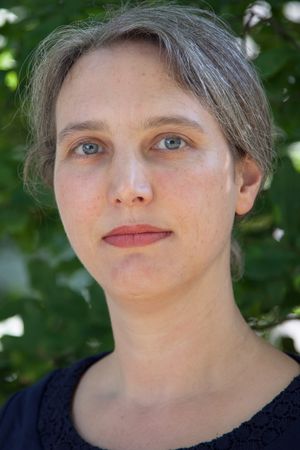XpandHSC – Functional Blood Stem Cells
XpandHSC: Ex vivo expansion of functional human hematopoietic stem cells to improve therapy
Challenge
One important limiting factor for successful clinical therapies using hematopoietic stem cells (HSCs) is the low number of histocompatible donor cells available for a specific patient. This caveat is based on the lack of understanding and, correspondingly, the lack of available protocols for the cultivation or even expansion of functional human HSCs in vitro.
Approach
Our goal is to understand mechanisms of the regulation of HSCs and to use this understanding to expand human HSCs in vitro using advanced culture systems. In these culture systems we model the three-dimensional stem cell niche using molecular factors mediating the expansion of HSCs while preserving their functionality in vitro. Successful expansion of human HSCs is validated using innovative mouse models supporting human HSC engraftment in vivo.
To meet this challenge we assembled a team that combines expertise in fundamental hematopoietic stem cell research (Waskow Lab), proteomics (Ori Lab) and clinical application (Heidel Lab) with expert bioinformatic analysis (Höfer Lab), and material scientists (Werner Lab). This collaboration involves the bioinformatic integration of gene expression and proteome data of HSCs and defined niche cells from their immediate microenvironment in vivo and will lead to the identification of novel regulatory candidate genes.
The candidates will be used in innovative 3D culture systems based on tailored biohybrid hydrogels, a modular matrix platform based on glycosaminoglycans, and tested for their suitability for the cultivation of human HSCs. Validation of the most effective culture conditions that support the maintenance and expansion of human HSCs will be performed by transplantation experiments into excellent recipient mouse models generated within the consortium.
Taken together, our interdisciplinary approach will provide detailed information on the influence of extracellular matrix, cytokines, the mechanical properties of the cellular environment such as stiffness, and the effects of specific molecular regulators on the maintenance and expansion of HSCs in vitro, hopefully contributing to the development of improved clinical therapies.
The XpandHSC consortium is supported by the Leibniz Association and consists of:
Leibniz Institute on Aging – Fritz Lipmann Institute
- Claudia Waskow (Coordinator)
- Alessandro Ori
University Hospital Greifswald
Leibniz Institute of Polymer Research Dresden
German Cancer Research Center
Contact

Claudia Waskow
Coordinator
claudia.waskow@~@leibniz-fli.de
Project Period:
01.05.2020 – 30.04.2023









